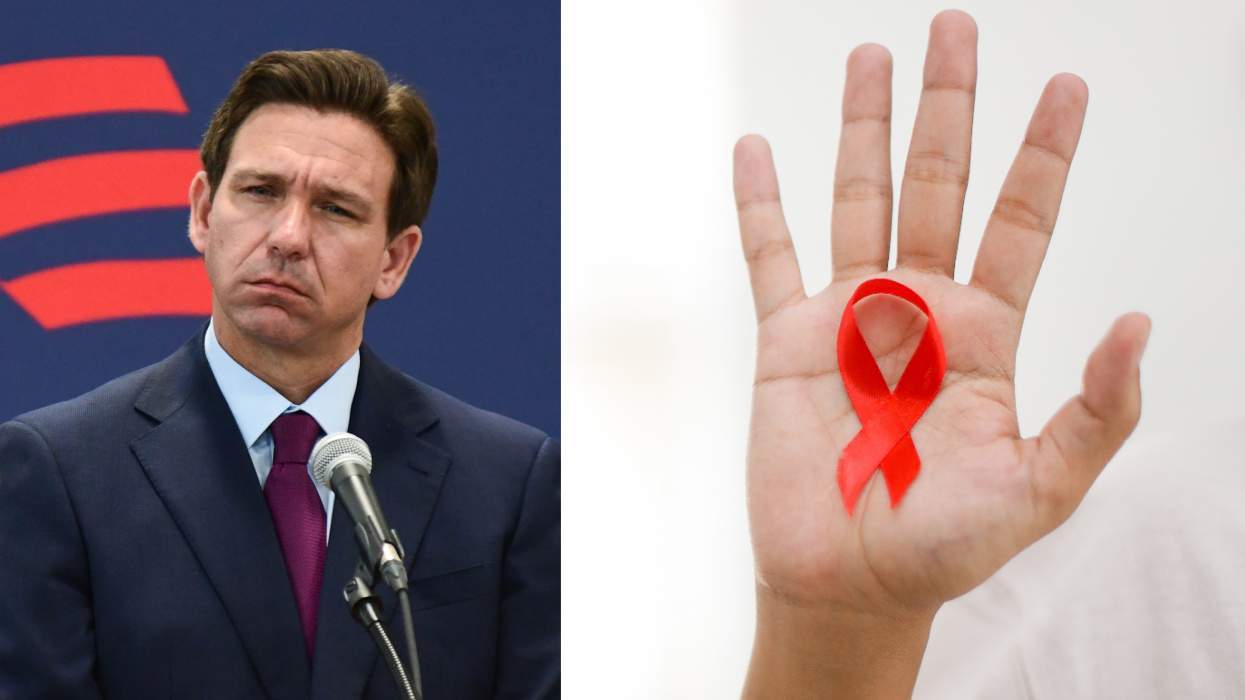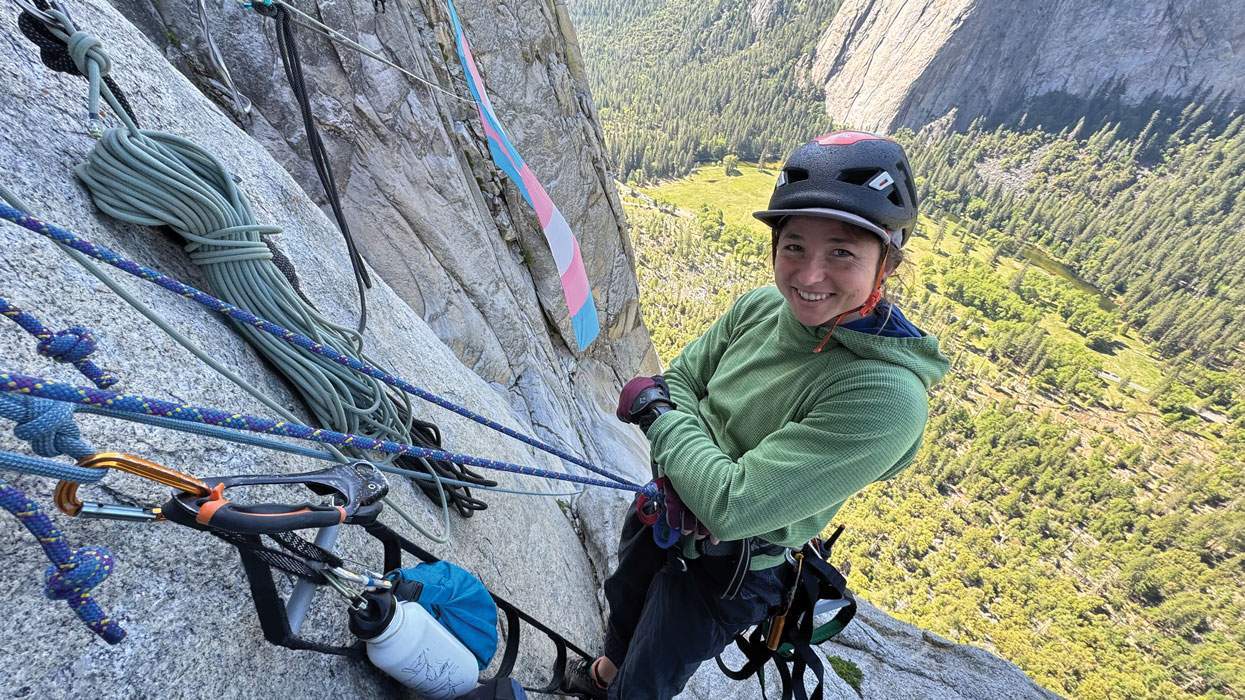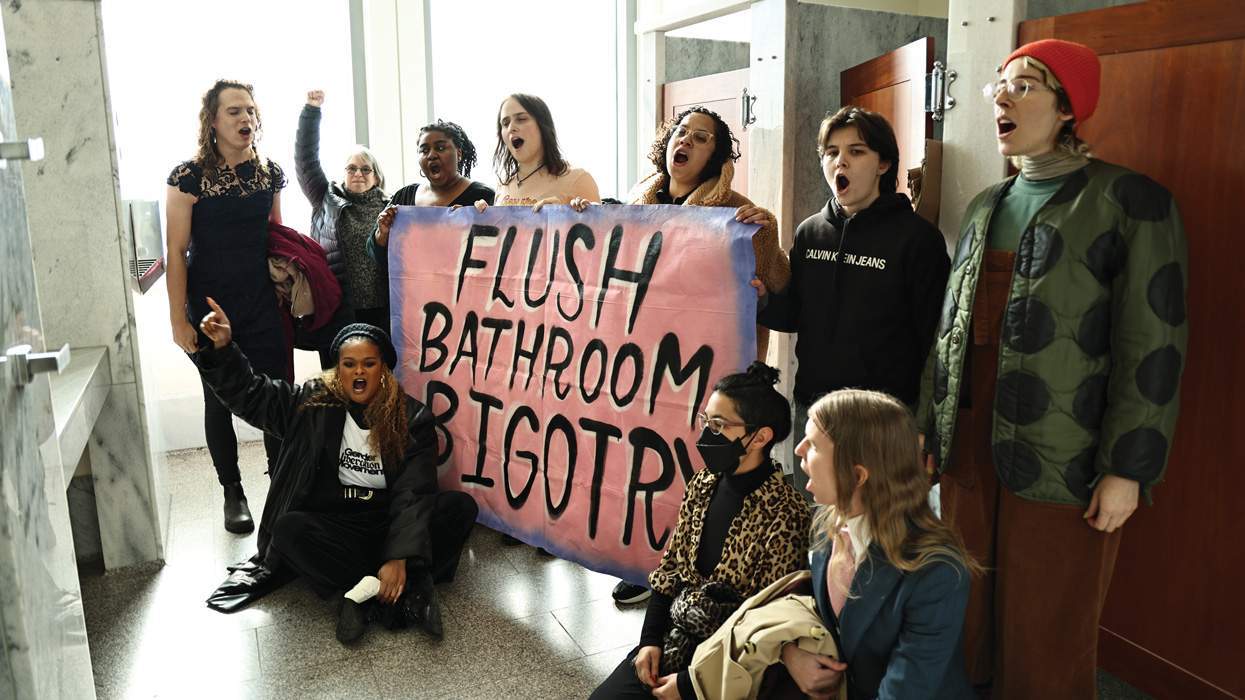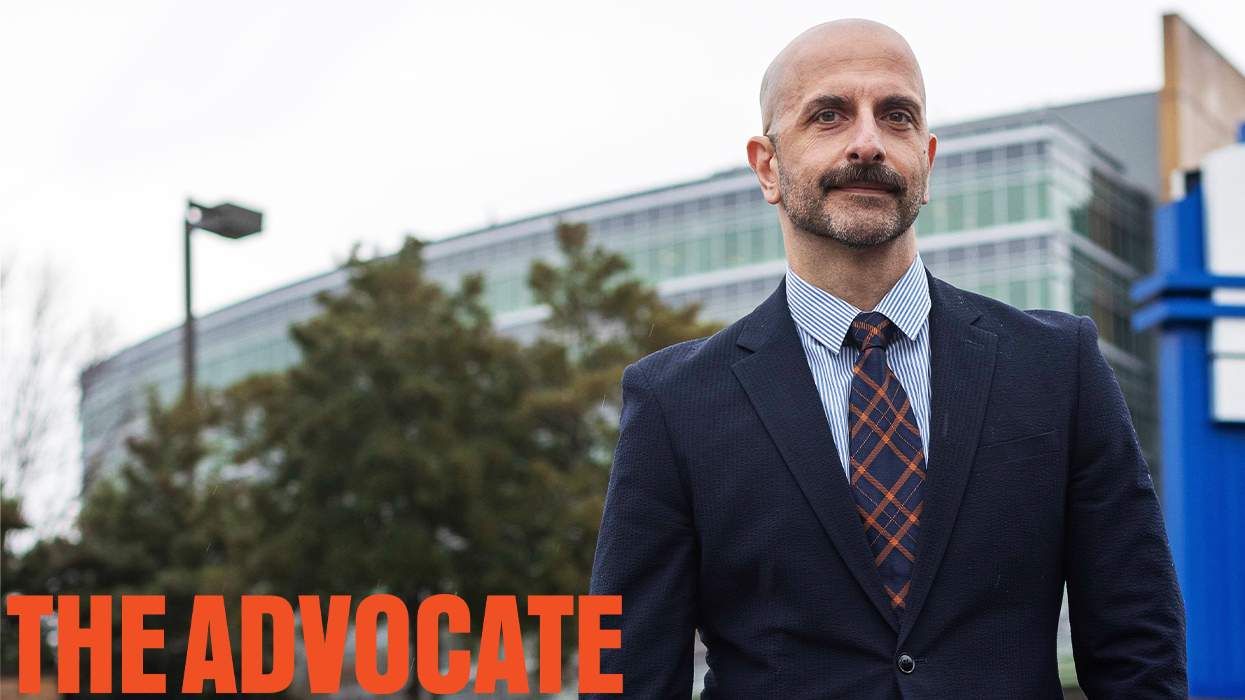My son can't play with toy guns. That was a rule from when he first joined my family as our foster child, and it wasn't in place just because my husband and I had loaded firearms pointed at our faces in two separate, equally harrowing encounters. The decision to not have "blasters" in the house is a necessity -- my son is Black, and he could be shot for holding one, especially by a police officer.
The concern for his immediate safety wasn't originally a concern at all when it came to toy guns, at least for me. As a small, white, blond, obviously gay man, I'm rarely seen as a threat by anyone, including cops. It was my dark-skinned Latinx husband who initially worried that our toddler could be murdered for playing with plastic. Like most people of color, my husband has already experienced several frightening confrontations with the police.
I, on the other hand, glided by on privilege for years, mouthing off to an officer after playing slots while underage (ultimately kicked out of the casino, not arrested), and let off the hook twice after being pulled over for a broken turn signal or forgetting to turn on my headlights.
The brainwashing that led me to believe all police officers are harmless was sloughed off about a decade ago when the media finally covered the killing of Black children by cops and security guards. But I didn't really get it -- the fear, the danger, the harassment experienced by Black people encountering the police -- until my husband said our baby boy, at 4 years old, has a target on his back that will only get bigger as he does.
It's hard for anyone who's not a sociopath to watch the videos of Jacob Blake's and George Floyd's killings or look at that beaming image of Breonna Taylor taken not long before she was killed in her bed or listen to the anguished words of Tony McDade, a trans man, before he was also shot dead by police. As a parent of a Black child, I'm frightened and furious and partially numb because that's how I make it through the days.
But it also feels like I'm on vacation. My son turned 4 the month George Floyd was killed, so his youth prevents me from having to fully explain what's happening now -- from our police state to mass incarceration to a racist president who seemingly cannot be stopped -- and what is likely to come, especially with a pandemic that only gets worse and kills Black people at three times the rate of whites. For the time being, we can delay the inevitable and pretend there's simply a bad cold going around, a lot of people don't hate him because he's Black, and all police officers are helpful, not occasionally homicidal.
But not all conversations can wait. My son, sadly, has already had encounters with police (when not in our care), and he brings them up, trying to make sense of them. We tell him, "Just be nice to them. Always do what they tell you to do." He nods, thinking hard, then pivots to Frozen or Mario Kart.
There are so many discussions on the horizon I dread -- necessary disclosures that will only bring him pain and confusion. There's the eventual talk about his birth family and all the trauma he experienced in his early years. Those explanations have begun and will continue for the rest of my life.
Of course, there are future conversations about his fathers and what the world thinks of two men raising a child, especially two gay men who aren't Black raising a Black child. We've had numerous encounters with people who ask, in front of our son, whether we kidnapped him.
Some ask him directly. He doesn't respond because he doesn't know what "kidnap" means.
One time, when we were walking to the train station for a family outing, a man followed us, demanding to know our relationship to our son. Ignoring him didn't help; we were soon pelted with insults and obscenities that frightened our child as the man drew closer and closer. I had to pick up my then-3-year-old and run to the train station because I thought someone might get pushed into the busy street. The only thing that deterred this man, ironically, was finally threatening to call the police.
I know that parenting is about preparing the next generation to survive in the world and having hard conversations is part of that training. But raising a child during a pandemic, while a racist pig holds the most powerful job on Earth, is a scenario I didn't anticipate during our foster parent classes in early 2016. I deal with this actuality because I can; I have the privilege of health, a job, a husband, and a network of friends. The concept of millions of families dealing with the same unending stressors, especially those without the privileges I enjoy, including all those that come with my whiteness, sends my mind reeling.
When I log off Twitter and slam my laptop shut, I can close off the horrors of the outside world. I work hard to stay present and positive. Living in the protective bubble of lockdown, where our son sees nearly no one except us, I focus on enjoying our ample time together and this bizarre reprieve from reality. One day soon, this idyll will be pierced and my baby will never see anything the same way again.
Neal Broverman is the Digital Editor in Chief of The Advocate. Follow him on Twitter @nbroverman.
















